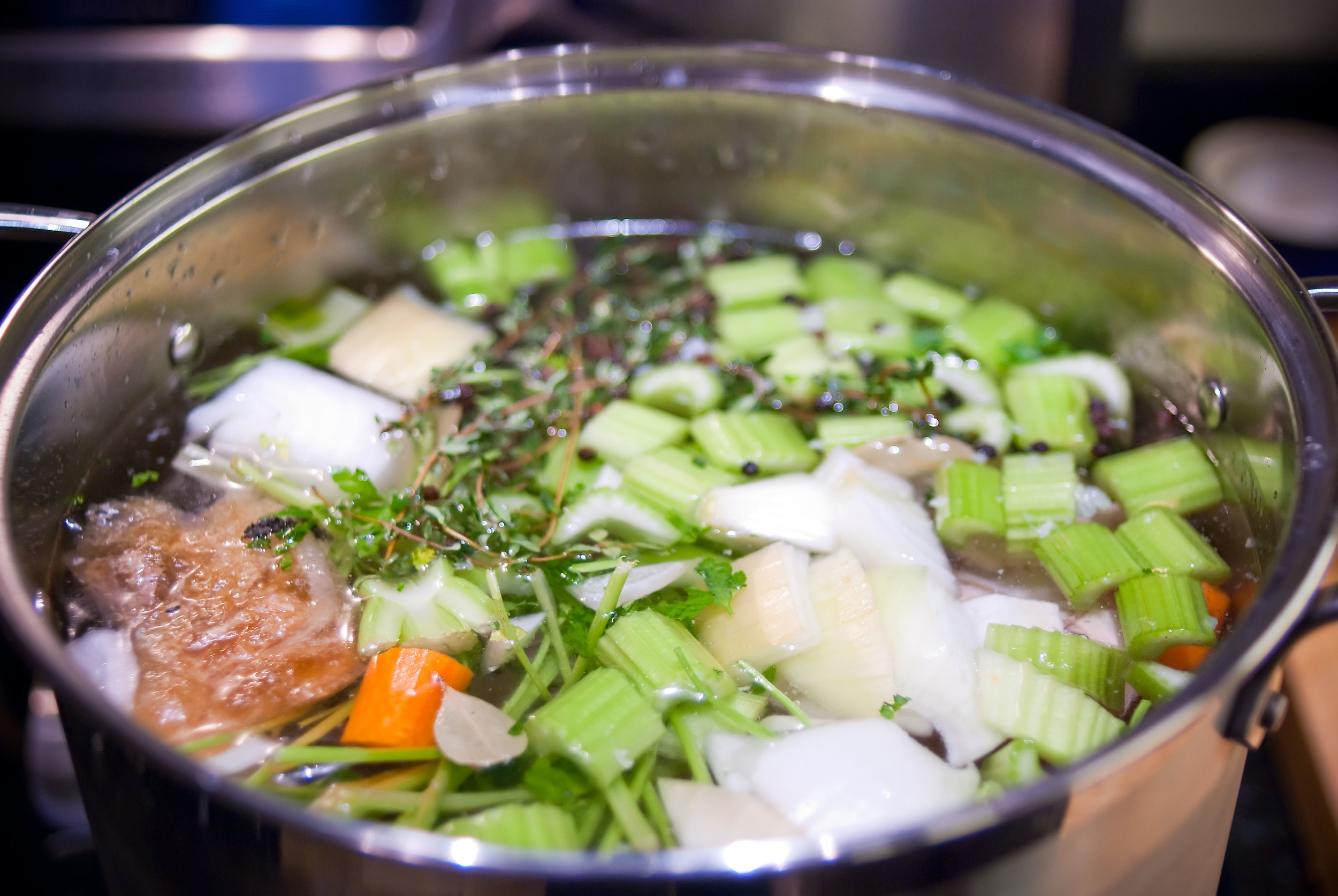 Do people who smoke out really need a day to "celebrate" that fact? Are they some kind of persecuted group of people? Is it an opportunity for them to do something different than what they normally do?
Do people who smoke out really need a day to "celebrate" that fact? Are they some kind of persecuted group of people? Is it an opportunity for them to do something different than what they normally do?
The answers to these questions are no.
It was mentioned to me earlier today that today is cough–National Pot Smoker's Day–cough. Like I said, I don't think they need a day, but where would such a statement be made, you ask. Well, at work. That's right, I got a job.
I'm working at Rooster crepe. sandwich. cafe. in the kitchen. I'm one of two people that can actually make the crepes. Probably because making crepes in the first place is a mistake. I take a very runny egg-based batter and pour it onto a hot surface with no lip and spread it out quickly enough so that it spreads all the way to the edges, but not so fast that it doesn't have time to set before I get to the edge. It took me about two days to get the rhythm, but I can now make three at a time and get about 90 done in 45 minutes. Other than "spinning" the crepes, I also assemble the crepes when they are ordered. Overall, it's a pretty easy job. I gets stressful on Saturdays when we have over 300 crepes, alone, ordered from 8:30-2:00. It's a lot of controlled movement, thinking fast, doing it correctly.
Ministry is going well too. I'm still being challenged and encouraged by Mike and Phil, which I would expect nothing less. I'm being more proactive in pursuing people on Sunday mornings, those who I haven't seen at City Church before, finding out their stories and sharing some of mine as well. I tend to find the people that have just moved to the Lou and so I have a quick connecting point with them. For others, I just make stuff up and hope for the best. I'm kidding, of course. Or. Am. I?
I'm connecting with quite a few of my neighbors also. I hung out with the guys upstairs on Saturday while they smoked three racks of ribs and two pork shoulders. Glorious smoked meats. We watched the Cards game, which I've decided has to happen, just as I would watch fútbol in Costa Rica. Of course, this is the 6 hour and 53 minute game making it a real stretch for me to care the extra 11 innings. A lot of things can happen during that amount of time. One thing of interest is Hailey deciding to try out flying and jumping out a two story window. Thankfully, one of my neighbors, the smoker–of meats, not grass–caught her and she's none-the-worse.
I'm exploring Saint Louis as much as I can also. On Friday I went to Farmhaus, a new restaurant which focuses on local ingredients and classes up some of the homey classics: meat pie with chorizo gravy, bacon-wrapped meatloaf with a BBQ glaze, fish and potatoes. They do their own charcuterie also, which makes me happy. Yesterday I was looking for a particular herb and went to Produce Row, which seems to be the landing spot of all the produce that gets to Saint Louis. It was pretty impressive.
I was also welcomed to Saint Louis last week when my car was broken into. Nothing was taken, but they smashed my window. Got it fixed quickly and all is well.
Lately the freshness of Christ has been on my mind also. How I often don't place my identity in him and what it looks like to do so. How just as in the Old Testament, God sits on the throne in the tabernacle, God's right place in my life is sitting on the throne of my heart. I often forget that and snap at people "trying" to help me on the phone, but quickly remember that I have been extended grace and so should they. Still there are other times when I don't remember and I can only hope for more grace on my part from those around me.
Still hoping to return to Chicago to plant, so if you know anyone that wants to do that, send them my way. Right now, however, I'm building relationships where I am and enjoying my time in Saint Louis and trying to keep my smoking relegated to meat alone.
























